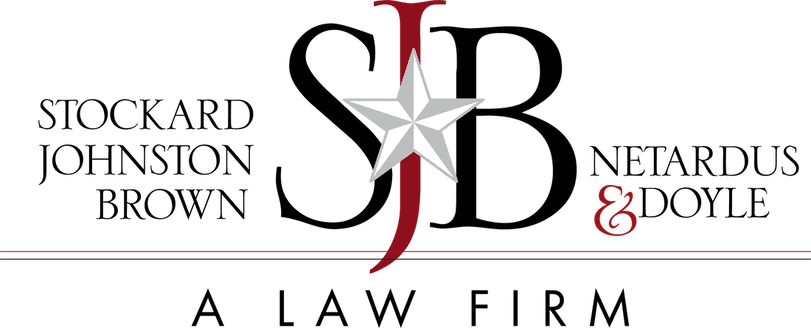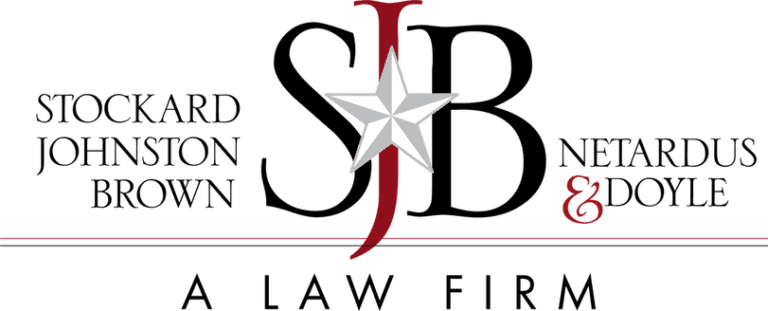Medicare and Medicaid patients sometimes get a surprise after having an accident where someone else is at fault. They find they have to reimburse Medicare or Medicaid for medical claims paid in relation to the accident, and they have no idea why. We will give you the rundown on why you must pay back Medicare or Medicaid.
Here’s A Common Scenario:
A Medicare recipient gets in an car accident, where the other driver is at fault. He needs medical attention and goes to the hospital. The hospital files claims for reimbursement to Medicare. Medicare makes a conditional payment to cover the cost of the claims. They also send a conditional payment letter outlining the need for reimbursement in case of settlement.
Weeks or months later, the insurance company for the other driver settles on the accident, providing reimbursement for both the property damage and the medical bills. The Medicare recipient must make sure to reimburse Medicare in relation to the accident.
What Is A Conditional Payment?
A conditional payment involves payments made by Medicare or Medicaid where a third party may be responsible. This ensures that the Medicare patient does not need to cover the costs themselves. However, the payment is conditional. If that Medicare patient receives any settlement or payment related to the accident, there is a legal obligation to make sure that Medicare gets reimbursed for the conditional payments made.
Medicare will send out what is known as a conditional payment letter, or a CPL, to all responsible parties. That would include the Medicare recipient, the third party who caused the injuries, and any insurance companies for the third party that may cover the accident.
What Happens Once The Accident Is Settled?
At the time of settlement, if the third party insurance company has already received the CPL, the standard practice it to take the reimbursement out of the settlement and send it directly to Medicare. The remainder goes to the Medicare recipient. However, if the third party insurance company does not do that, it falls to the Medicare recipient to make sure Medicare gets reimbursed from the settlement.
If Medicare does not receive payment after the settlement, the next step is to send out a demand letter to the Medicare recipient. The recipient has 60 days from receipt of the demand letter to make the payment. After that, interest starts to accumulate.
How Much Are You Required To Pay Medicare?
The answer is the entire amount that Medicare has paid out in claims related to the incident. So, if Medicare paid out $1,000 in medical claims and the Medicare recipient settles with the third party for $2,000, Medicare claims $1,000 and the rest goes to the recipient.
It is critical to know what your legal obligations are before signing any settlements. Speaking with an attorney will ensure that you receive just compensation while covering your legal obligations. Contact us here at Stockard, Johnston, Brown, Netardus & Doyle, P.C.. Our Amarillo personal injury lawyers understand all the ins and outs of settling insurance claims. Give us a call today and let’s make sure your legal rights and responsibilities are covered.

